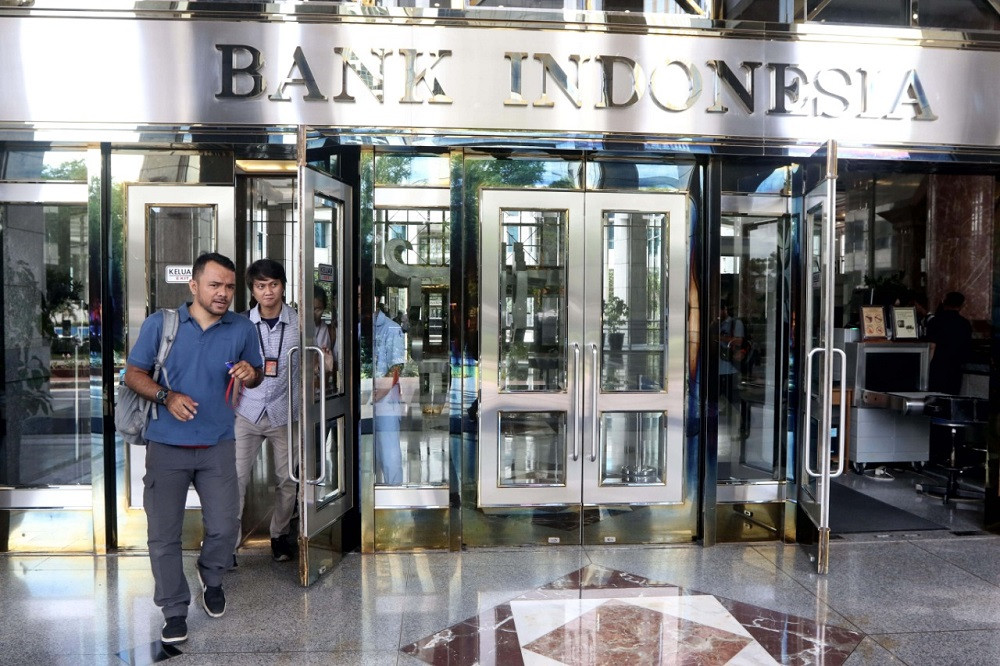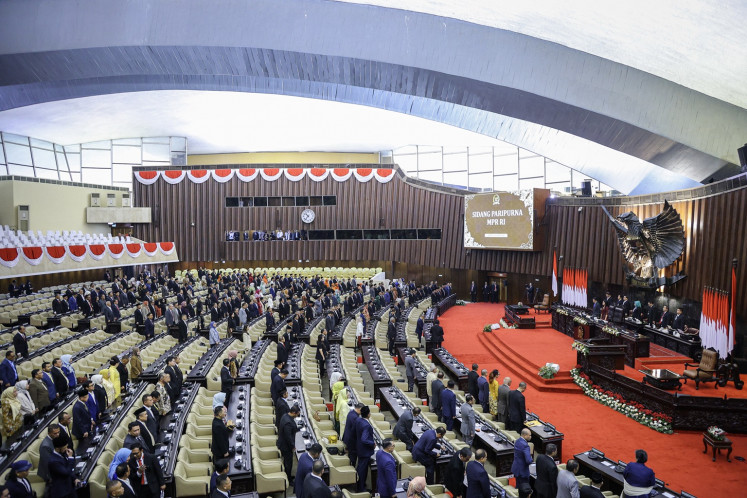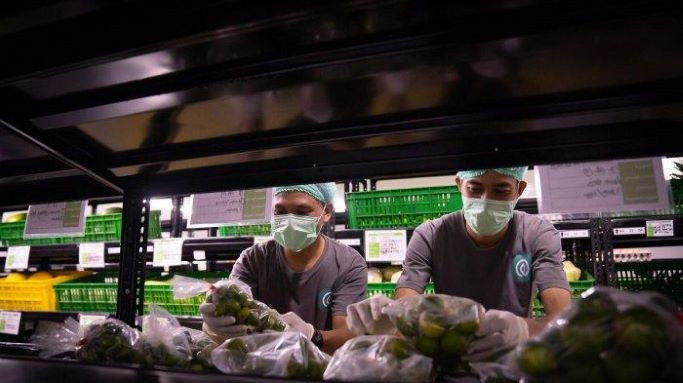Popular Reads
Top Results
Can't find what you're looking for?
View all search resultsPopular Reads
Top Results
Can't find what you're looking for?
View all search resultsIndonesia can face Fed taper without tantrum
The current taper will most likely be less harmful to the domestic market than that of the 2013 tantrum.
Change text size
Gift Premium Articles
to Anyone
A
taper will go without a tantrum. Central bankers in advanced economies, especially in the United States, have different approaches to preparing and executing a taper without a tantrum. Also, Indonesia's domestic circumstances remain resilient, potentially reducing the impact of a taper on the rupiah and the domestic market.
At the end of August, Gita Gopinath, the IMF's chief economist, shocked emerging market economies (EMEs) with her statement on the possibility of repeating the 2013 "taper tantrum". She mentioned that the US Federal Reserve Bank (Fed) signaled a sooner-than-expected withdrawal of its stimulus due to inflationary pressures, sparking a surge in global borrowing costs.
Naturally, EMEs would not be able to afford a taper tantrum like that of 2013, considering that most low- and middle-income countries have suffered disproportionately from the COVID-19 crisis. However, that view is probably just a paper tiger.
The possibility of having a tantrum is relatively low for three reasons. First, US President Joe Biden's US$2 trillion stimulus plan will make the US government more indebted. Therefore, the government’s interest rate will most likely stay low, except for a very compelling reason like persistent inflationary pressure.
Second, the inflationary pressure in the US is temporary in nature. In Jackson Hole, Jerome Powell, the Fed chairman, said the inflation spike was on a relatively narrow group of goods and services that had been directly affected by the pandemic and the reopening of the economy. Also, the cooling down of the US consumer price index from 5.4 percent in June and July to 5.3 percent currently proves that high inflation may be limited. So, there is probably no rush to hike the interest rate at the Federal Open Market Committee (FOMC) meeting.
Third, frequent "super clear communication" from central bankers in advanced economies on their policies has been done effectively. For example, the Fed and the European Central Bank (ECB) have stated very clearly that they will execute the taper gradually to ensure that there is no tantrum on the global markets.
The current taper will most likely be less harmful to the domestic market than during the 2013 tantrum. The first reason is that Indonesia has more extensive foreign reserves and a more resilient external balance than in 2013. These buffers have helped fortify the national defenses. Second, the domestic market has had ample liquidity with low and stable inflation. This means that the central bank still has room to adjust the policy rate. However, the higher inflation has forced other EMEs, like Brazil, Mexico and Russia, to raise their interest rates. Additional tightening may be necessary to fend off a capital flight and currency depreciation, which would inflict more economic pain.
Third, Bank Indonesia has been carrying out a triple intervention policy since the beginning of last year. The policy includes spot market intervention, purchases of government securities (SBN) on the secondary market, which aim to maintain the stability of the rupiah against foreign currency and a brand new approach, the Domestic Non-Deliverable Forward (DNDF) transactions. The DNDF approach seeks to give alternatives for hedging rupiah exposure to provide flexibility for foreign investors desirous of currency exposure.
Of course, with the Finance Ministry and other members of the Financial System Stability Committee (KSSK), the central bank needs to synergize this intervention policy with other policy tools to maintain the rupiah’s stability when the taper occurs.
The better national fundamental conditions compared to 2013 have created a more robust domestic economic recovery to handle a taper. In addition, the implementation of effective Bank Indonesia policies, coupled with policy coordination in the KSSK, has strengthened the effort to maintain the stability of the rupiah, which contributes to guarding the economic recovery.
***
The writer is an international economist at Bank Indonesia. The views expressed are personal.










